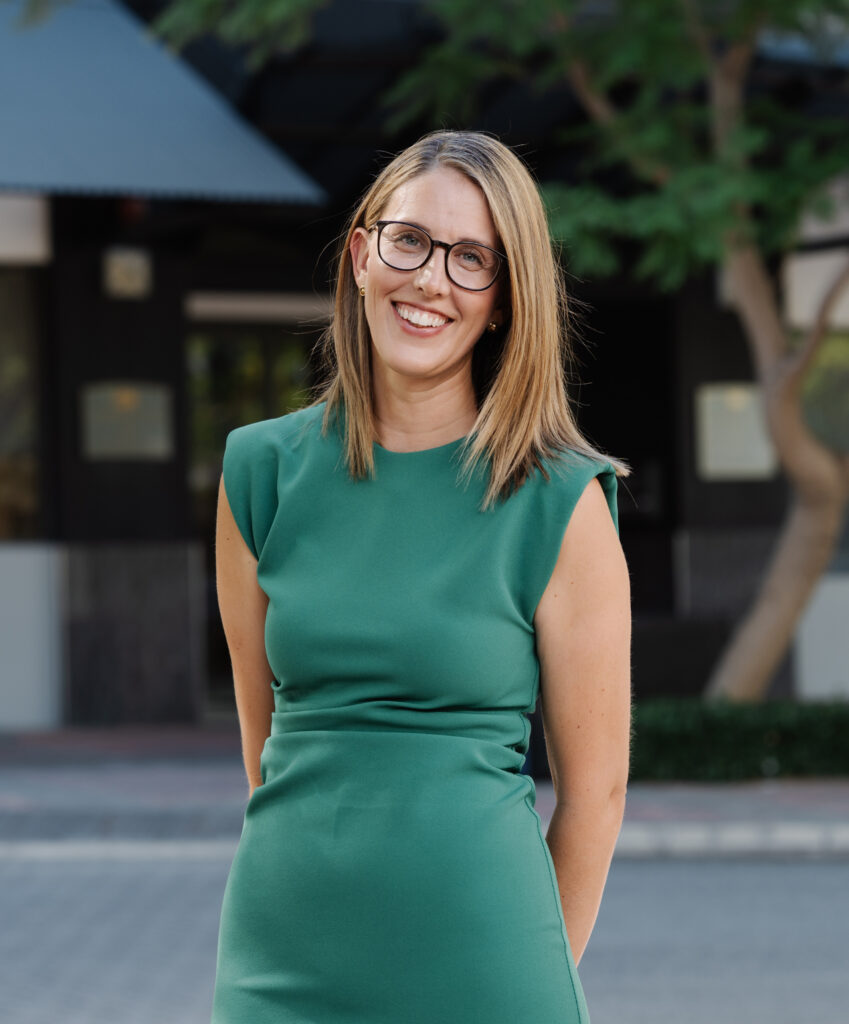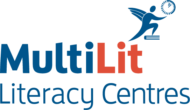MultiLit’s Subiaco Literacy Centre Manager, Sarah, has over 15 years’ experience supporting the speech, language and literacy development of school-aged children, within private practice settings, schools and not-for-profit organisations. Having completed a Diploma of Education (Primary) and Masters in Speech Pathology, she has honed an interest in language and literacy instruction for students at educational risk.
Sarah has worked closely with allied health and school-based teams, placing unwavering emphasis on delivering evidence-based remediation, centring parents and caregivers as key stakeholders, and engaging in project work and advocacy that seeks to support vulnerable young people in communities. Before joining MultiLit, she worked as a Senior Speech Pathologist at Dyslexia-SPELD Foundation in Perth.
Sarah is looking forward to opening the new Subiaco Literacy Centre, which is being developed as part of an exciting expansion and relocation of the MultiLit Perth Centre.

What inspired you to get into education?
I feel as though I have been through a few iterations of “education” — initially working as an instrumental music teacher, then supporting the learning and literacy development of neurodiverse individuals, and then for the last decade, embarking on an evolving speech pathologist’s role within the education sector.
However, the joy of teaching young people to learn has been the consistent thread, as well as frequent opportunities to partner with families, teachers and allied health professionals in differing and remarkable ways.
What are some of the key responsibilities in your role?
Broadly speaking, I provide managerial oversight of the day-to-day running of the Literacy Centre. This includes creating a space for families to receive well-informed information regarding literacy development, equipping MultiLit tutors with the knowledge and skills to provide consistent, high-quality literacy intervention to students who are at educational risk, and monitoring progress (and responding to challenges that may arise) throughout the course of a student’s learning journey with us.
In your opinion, what is great about the MultiLit programs?
The ease and consistency with which MultiLit programs can be implemented by educators is notable, as are the results these programs achieve. This is grounded in the high level of integration that occurs during MultiLit’s program development between the research evidence and the realities of instructional practice for a whole class, small group or one-to-one.
As a speech pathologist who has witnessed the growing need for oral language support in early years of schooling, I am also particularly excited about the inclusion of LanguageLift into the suite of MultiLit’s programs.
What’s one thing you wish more people knew about literacy?
Parents are understandably always keen for their child to learn to read and write, but they may not be aware of the critical importance of their child’s oral language proficiency in underpinning literacy development.
A child’s ability to sufficiently understand and express themselves using spoken language not only enables them to be an active participant in the instructional learning process, but also facilitates the key outcomes of literacy instruction — which is to take meaning from what they read, and to effectively express their thoughts and ideas in writing.
What excites you about providing literacy support to local WA children?
MultiLit programs are implemented in many schools across WA, and now the Subiaco Literacy Centre will allow us to reach and work with children and their families who are particularly vulnerable to literacy learning difficulties.
Not only will this service be available to local West Australian students via online or in-person tutoring sessions, but it will also provide support to regional and remote students in schools participating in MultiLit’s Closing the Gap initiative.
